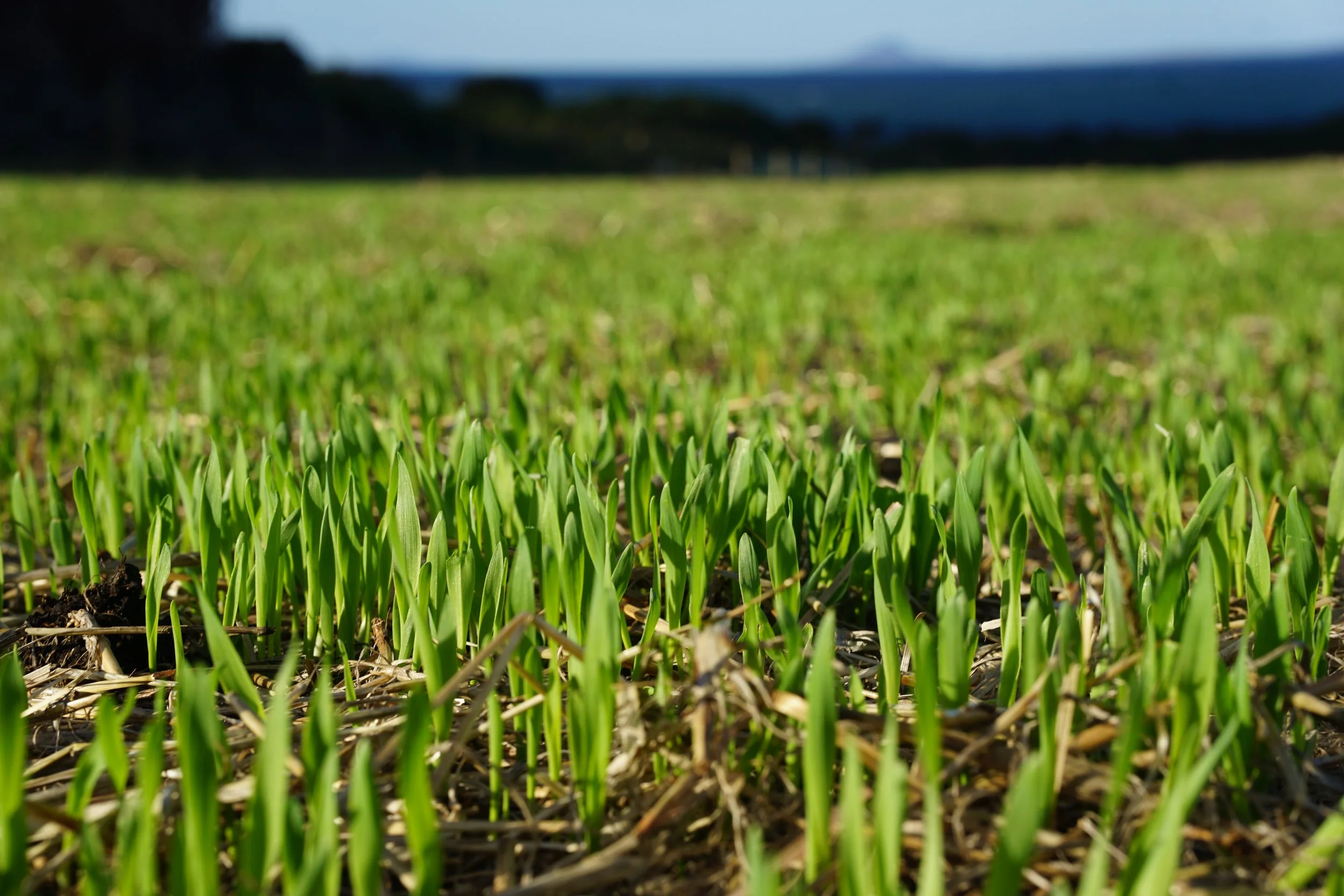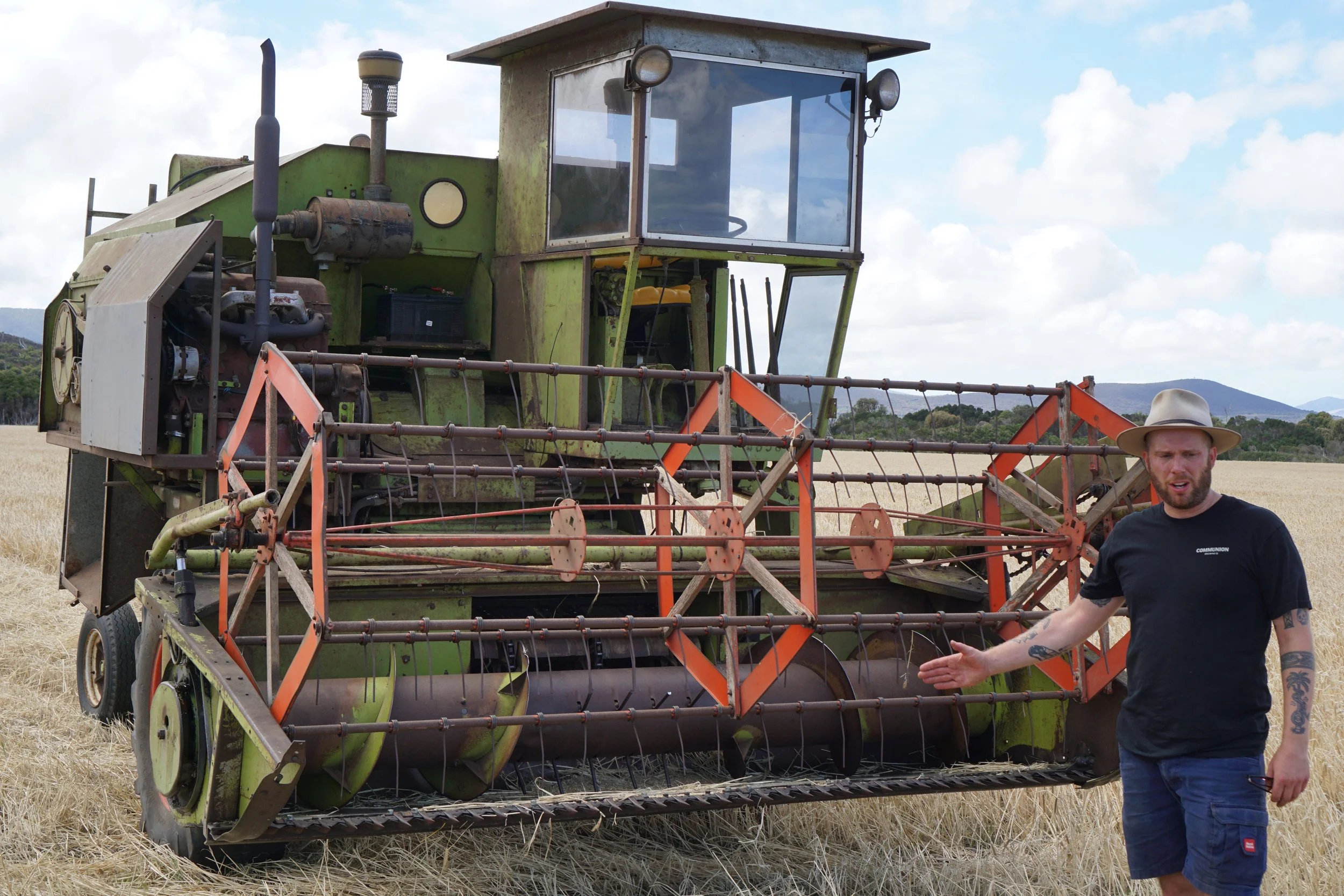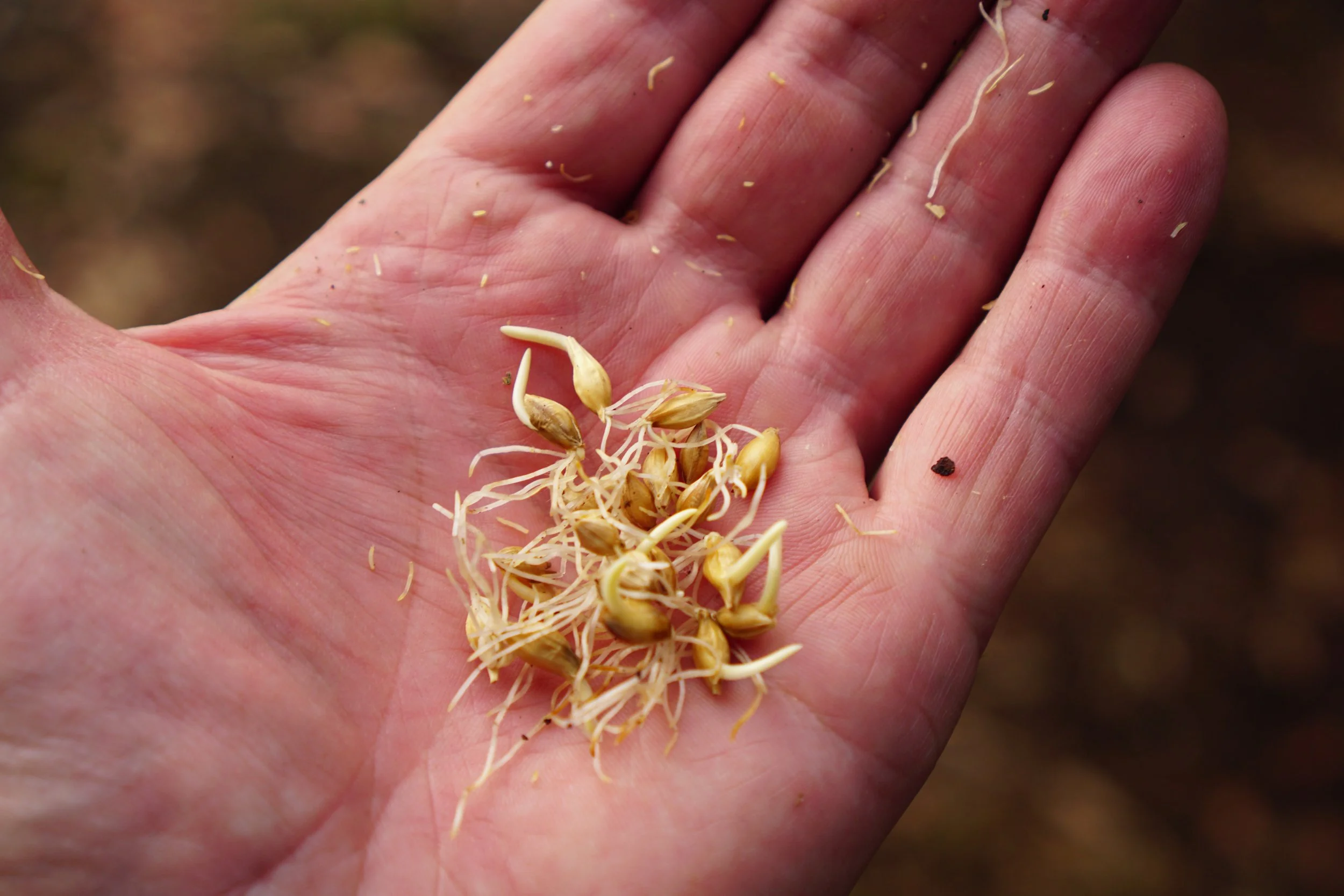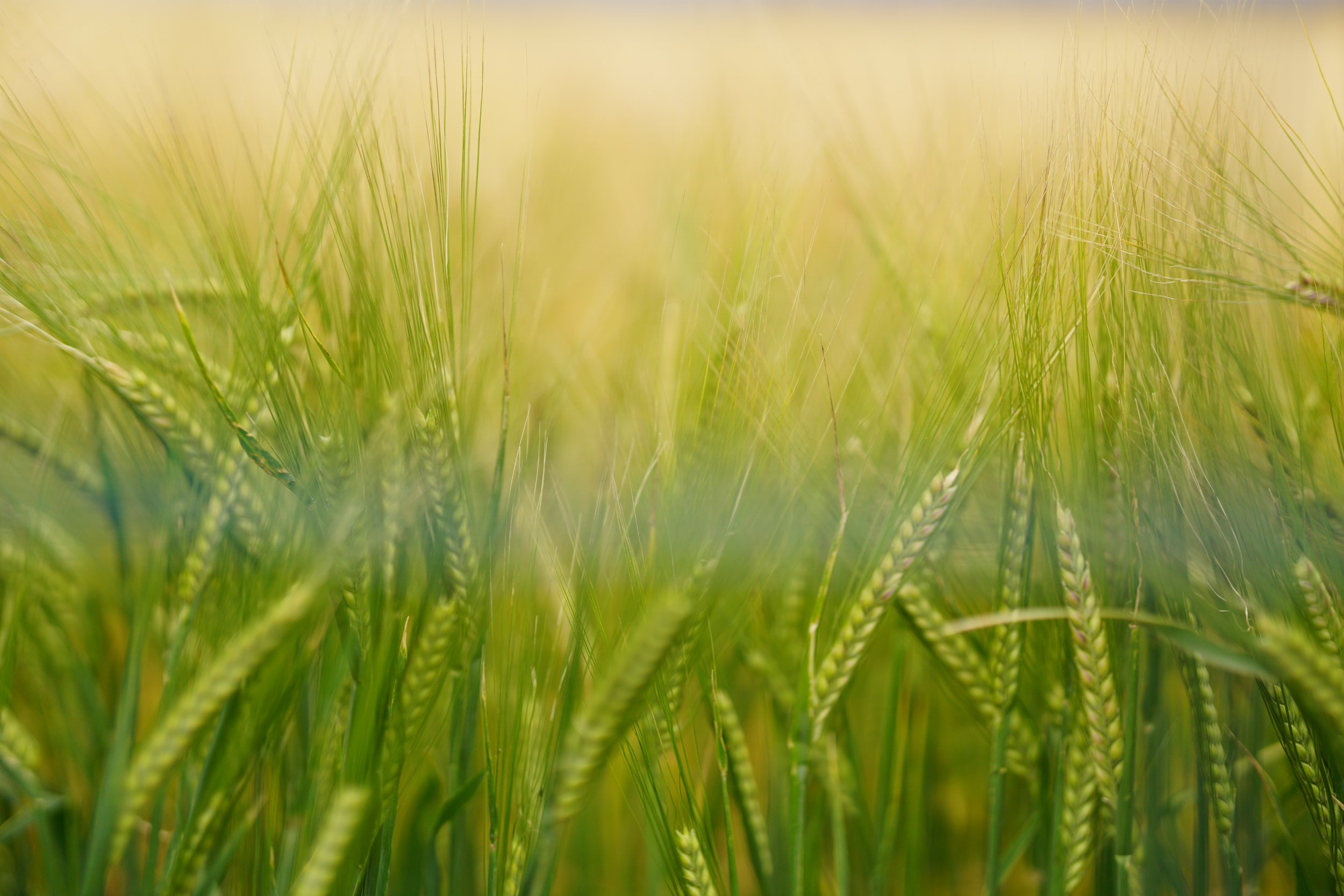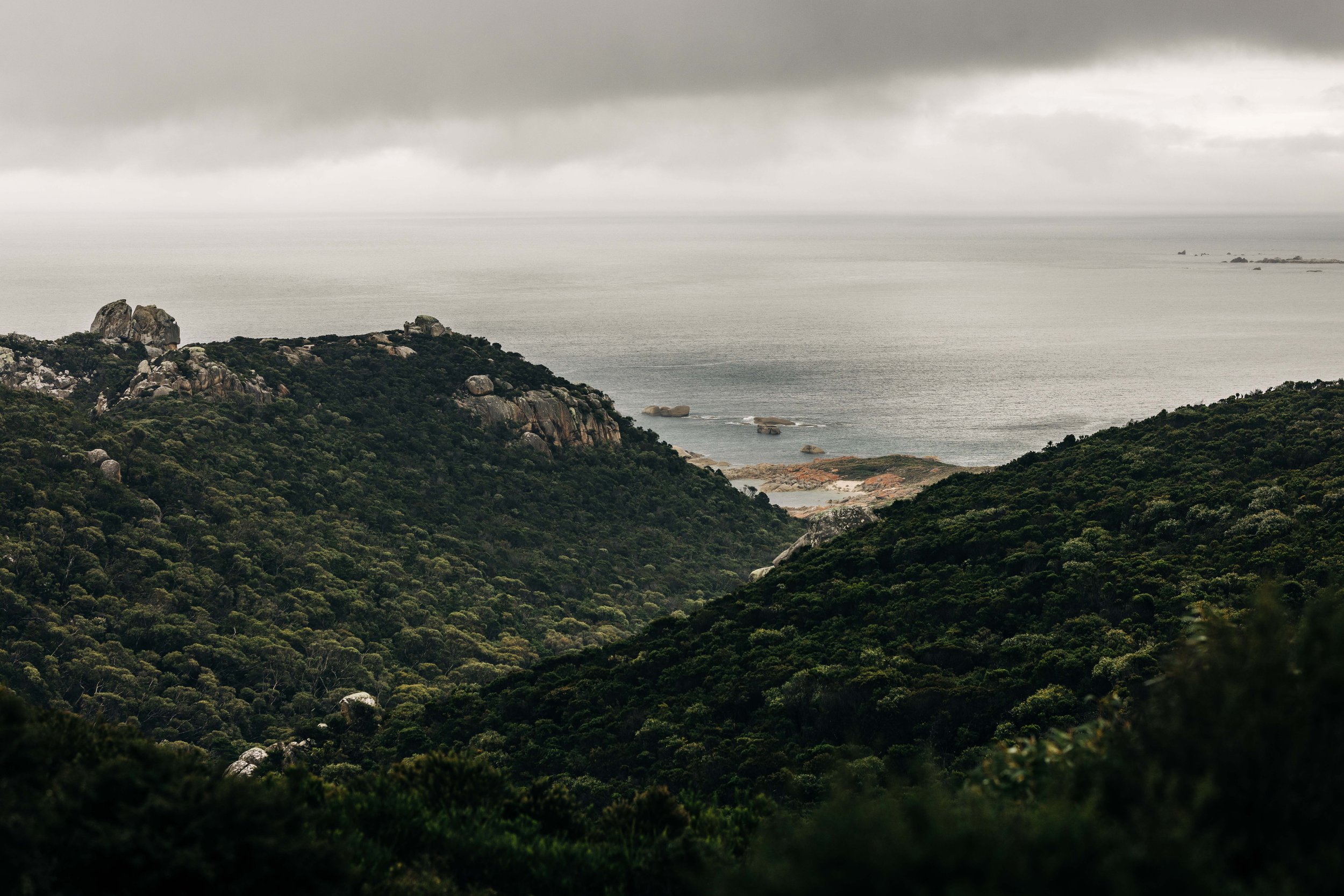
EMITA BITTER
-
100% Furneaux Farm grown barley. 2024 self seeded crop, 2025 summer harvest. Floor malted at the distillery.
-
Australian Sparkling Ale, Pride of Ringwood hops, 23 IBU
-
8/9/2025
-
Haydn Moon’s recipe brewed under contract by Morrisons Brewery, Launceston
-
4.5%
It's our first beer!
Whisky and beer have always been intertwined—not only as a delicious boilermaker pairing, but because whisky is essentially beer, just distilled and matured. Single malt whisky, in particular, is made with only three raw ingredients: water, malted barley, and yeast. All the flavour comes from the distilled spirit, aged in carefully selected casks. The base liquid for whisky is called “wash,” and the only real difference from beer is that no hops are added. We also don’t filter or carbonate it, since it’s destined for the still.
When we began growing our own barley, we always dreamed of brewing a beer using malt from our paddocks. Our second harvest came in 2024, from self-sown grain left in the field after our January harvest. The grain overwintered in the paddock, and when the August rains arrived, it sprang back to life. That summer, we brought out the Grasshopper—our 1975 Claas combine harvester—and cut our second batch of Flinders Island barley.
Our first harvest had been malted at Voyager Craft Malt, but with this batch we wanted to try something different. Inspired by the traditional method of floor malting, we germinated and kilned it on site. The process involves steeping the grain in water, resting it to absorb moisture, and then spreading it on the floor to germinate.
Throughout, it must be turned regularly to prevent overheating and to control growth. We carried this out in our malt kiln, where the final step is drying the sprouted grain. If left to grow too long, the enzymes needed in brewing would be lost. Kilning halts germination, preserves the enzymes, and dries the malt so that when it’s milled, you get the rich grist needed to extract fermentable sugars.
I won’t pretend our first attempt at floor malting was perfect—there’s still plenty to learn, especially about grain consistency and farming practices—but the result was surprisingly good. Tests from commercial malt labs showed that our sample was very close to the specifications of malt we’ve previously used. So off to the brewery it went!
As much as we would have loved to brew this first beer on-island, we don’t have a reliable packaging method for beer, so we sent the grain off to Morrisons Brewery in Launceston, along with a recipe created by our brewer/distiller Haydn for “Emita Bitter”.
Pronounced “mita bitta”, the name comes from our farm and distillery’s location on Flinders Island—Emita—and the alliteration was too good to resist. It’s a straight-up farm beer, brewed with our island grain, a touch of caramalt, and Pride of Ringwood hops. The result is malt-forward, with a distinctly organic, almost barnyard character. It’s a crisp, sessionable beer that goes down beautifully as the weather warms, and makes an interesting pairing for our whisky.
This first release is only available at the distillery tasting room, and is dedicated to all the hard-working Flinders Islanders who came out as volunteers for our first harvest and broke their backs cutting, threshing and stooking in the summer sun.


